African Prefab Houses
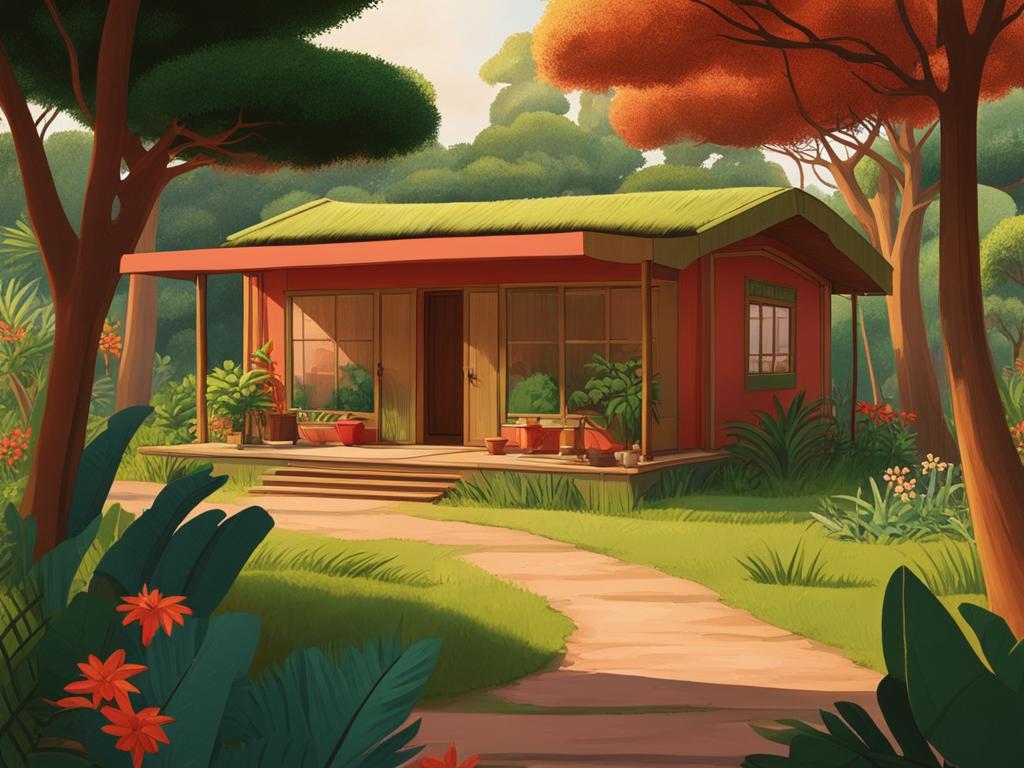
Prefabricated houses in Africa are becoming increasingly popular due to their quick and efficient construction process. These houses are energy-efficient, supplied in a kit form, and assembled on-site. They are used in various sectors, including hospitals, schools, and residential buildings. Karmod, a Turkey-based company, specializes in producing prefab buildings and offers a range of prefab houses suitable for the African market.
Key Takeaways:
- African prefab houses are gaining popularity due to their quick and efficient construction process.
- These houses are energy-efficient and assembled on-site.
- They find applications in various sectors like hospitals, schools, and residential buildings.
- Karmod is a reputable turkey-based company specializing in producing prefab houses for the African market.
- Karmod offers a range of prefab house designs to cater to different needs and preferences.
Sustainable and Eco-Friendly Housing Solutions
African prefab houses are designed with sustainability in mind. These houses prioritize the use of fireproof and high-insulation materials, resulting in reduced energy costs and making them suitable for all seasons. The production process incorporates unwelded building technology, allowing for quick installation that reduces construction time. Moreover, these houses boast an aesthetic appearance that can be further enhanced with customizable coatings, catering to individual preferences
- Fireproof and high-insulation materials
- Reduced energy costs
- Quick installation using unwelded building technology
- Customizable coatings for enhanced aesthetics
By utilizing these sustainable materials and efficient construction methods, prefab houses in Africa contribute towards creating eco-friendly housing solutions that meet the needs of both homeowners and the environment.
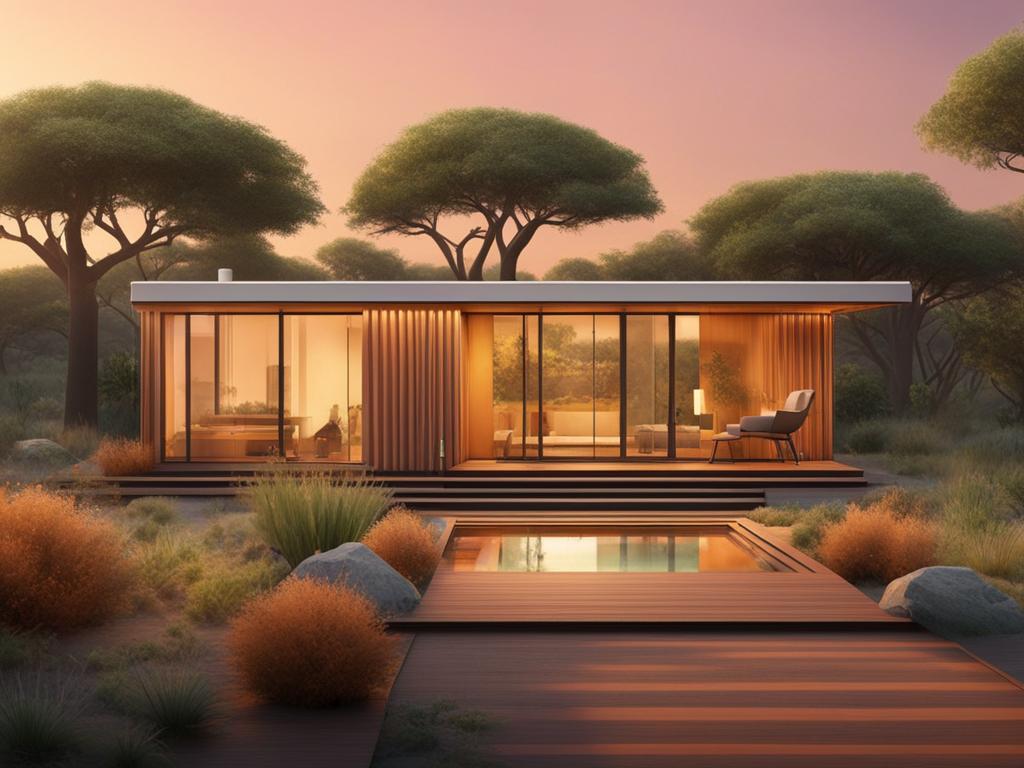
Affordable and Low-Cost Housing
Prefab houses in Africa provide affordable housing solutions, addressing the housing shortage in the region. These houses are cost-effective due to their efficient construction process and use of certified quality materials. They offer a range of sizes and designs, catering to different budgets and needs. With prefab houses, families can have their dream homes at an affordable price.
One of the key advantages of prefab houses is their affordability. By utilizing efficient construction methods and standardized components, these houses are able to be produced at a lower cost compared to traditional homes. The streamlined manufacturing process reduces material waste, labor costs, and construction time, resulting in significant cost savings.
Moreover, prefab houses are constructed using certified quality materials that ensure durability and longevity. These materials are carefully selected to meet industry standards and specifications, providing a reliable and safe housing solution. By using high-quality materials, prefab houses are built to withstand various environmental conditions and maintain their structural integrity over time.
Another benefit of prefab houses is the wide range of sizes and designs available. Whether a family requires a small, single-family home or a larger multi-story dwelling, there are prefab options to suit their needs. Different designs and layouts can be customized to accommodate specific lifestyle preferences, ensuring that each family can have a home that fits their unique requirements.
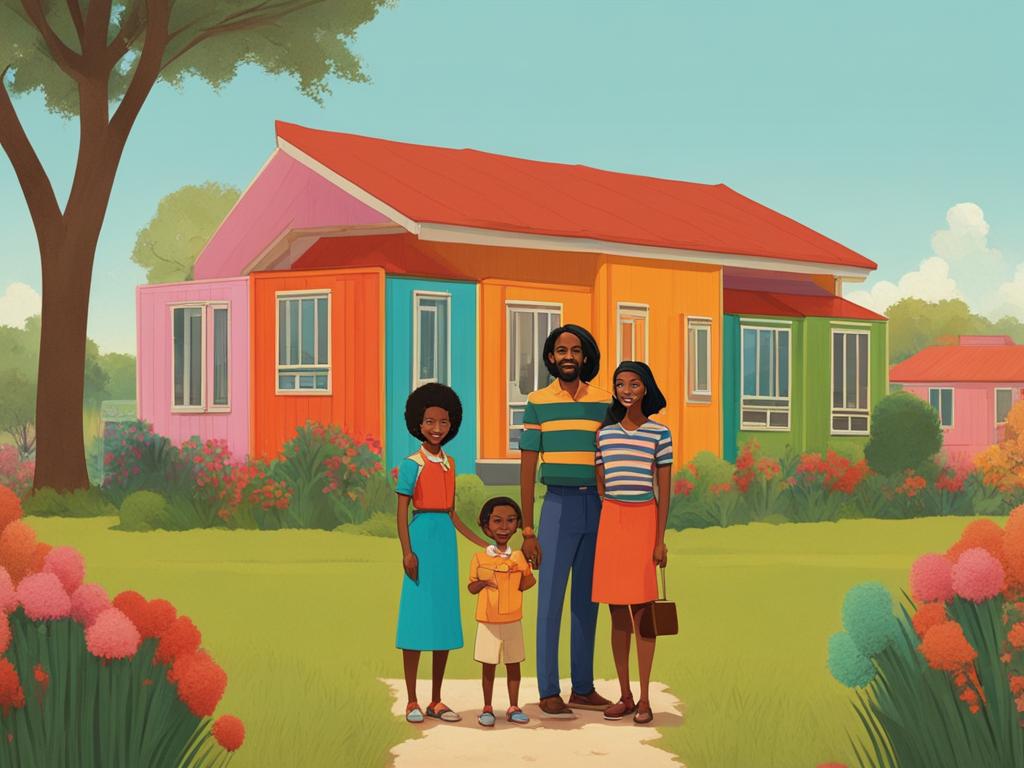
Furthermore, prefab houses provide an opportunity for families to fulfill their dream of owning a home at an affordable price. With traditional housing becoming increasingly expensive, especially in urban areas, prefab houses offer a viable alternative for those looking to enter the property market without breaking the bank. By offering affordable and low-cost housing options, prefab houses bring the dream of homeownership within reach for many families in Africa.
In summary, prefab houses in Africa offer affordable and low-cost housing solutions that address the housing shortage in the region. Through their efficient construction process, use of certified quality materials, and customization options, these houses provide families with the opportunity to own their dream homes at an affordable price. With the rising demand for affordable housing, prefab houses are proving to be a practical solution that meets the needs of individuals and communities across the continent.
Versatility of Modular Prefab Homes
Modular prefab homes in Africa offer endless possibilities and can be utilised for a variety of purposes. They are not limited to being permanent housing solutions; they can also serve as summer houses, holiday homes, or even accommodation for refugee camps. The flexibility of these homes allows them to adapt to the changing needs of individuals and families over time.
One of the key advantages of modular prefab homes is the ease with which they can be expanded. Whether you need additional rooms for a growing family or want to add extra floors for more space, modular homes can be customised to meet your requirements. This adaptability makes them a practical and cost-effective choice for individuals and families who value flexibility in their living arrangements.
The design possibilities for modular prefab homes are virtually limitless. Whether you prefer a traditional style or a more contemporary look, these homes can be customised to suit your taste. Architects can work closely with clients to create unique designs that reflect their vision and personal preferences. From the exterior finishes to the interior layout, every aspect of the home can be tailored to create a one-of-a-kind living space.
To illustrate the versatility of modular prefab homes, here is an example of a stunning design:
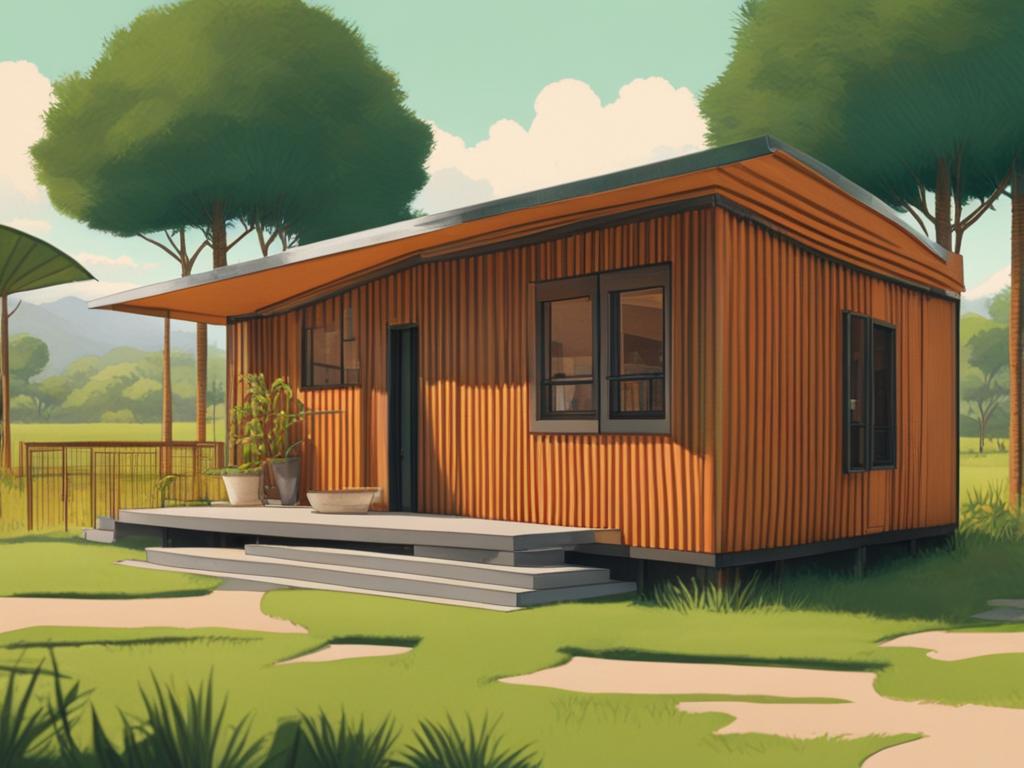
As shown in the image above, this modular home combines modern aesthetics with functional design elements. The open-plan layout and large windows create a bright and spacious living area, while the sleek exterior adds a contemporary touch. The modular construction allows for easy expansion, making it a practical choice for growing families or those who require additional space in the future.
Whether you need a permanent residence, a vacation home, or a temporary solution, modular prefab homes in Africa provide the flexibility and versatility to meet your needs. With their customizable designs and ability to adapt to changing circumstances, these homes offer a practical and stylish housing solution.
Prefab Houses for Specific Projects in Africa
Prefab houses are widely used in Africa for specific projects such as social housing, worker camps, and even COVID-19 hospitals. These houses are durable, easy to transport, and can be quickly installed on-site. Companies like Karmod specialize in providing temporary but sturdy buildings for various projects in the region.
When it comes to specific projects in Africa, prefab houses offer numerous advantages. Their durability ensures they can withstand different environments and weather conditions, making them suitable for long-term use. These houses are designed to be easily transported, allowing for efficient delivery to remote locations or areas with limited accessibility.
Additionally, prefab houses can be quickly installed on-site, reducing construction time and costs. This is especially beneficial for projects that require immediate housing solutions, such as worker camps or emergency healthcare facilities. The efficient construction process of prefab houses enables quicker occupancy, allowing projects to proceed smoothly and without delays.
Companies like Karmod have extensive experience in providing prefab houses for specific projects in Africa. Their expertise and knowledge in the construction industry ensure that each project is tailored to meet the unique requirements and challenges of the location. Whether it’s social housing for communities in need or temporary healthcare facilities during times of crisis, prefab houses provide a reliable and efficient solution.
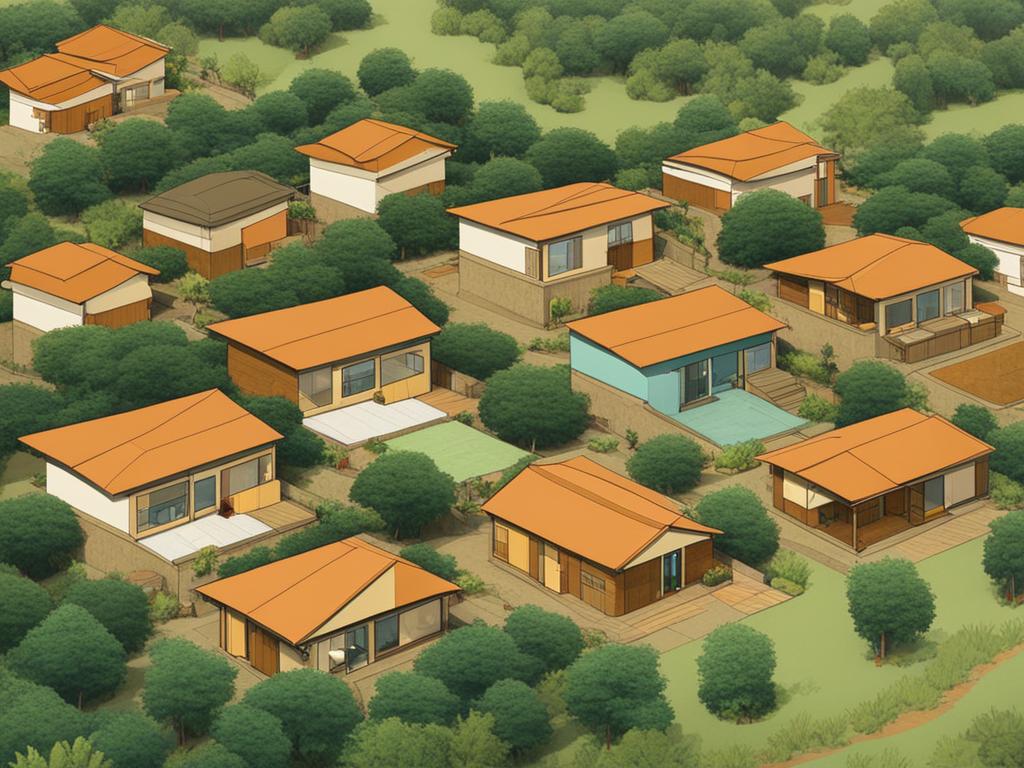
The image above showcases a prefab house being installed on-site for a specific project in Africa. The modular design and easy assembly process make it an ideal choice for various applications, including social housing projects and healthcare facilities.
Whether it’s a large-scale construction project or a smaller community initiative, prefab houses offer cost-effective and sustainable housing solutions. With their versatility, durability, and ease of installation, prefab houses are transforming the construction landscape in Africa, providing safe and comfortable homes for those in need.
Design and Functionality of Modular Homes
Modular homes provide a unique opportunity to create a personalised living space that perfectly aligns with your vision. With endless design possibilities, these homes are not limited by any specific style or architectural detail. Whether you prefer a contemporary open-plan layout or a traditional, cosy feel, architects can work closely with you to customise the design, ensuring your modular house reflects your individual taste and lifestyle.
One of the key advantages of modular homes is their functionality. These homes are designed with flexible layouts that can be easily modified or expanded to accommodate your changing needs. Need an additional bedroom for a growing family or a home office space for remote work? No problem. With modular construction, adapting your home to suit your evolving requirements is both effortless and cost-effective.
When it comes to structural integrity, careful consideration is given to load-bearing and foundation requirements. Every modular house is engineered to meet rigorous quality standards, providing you with a safe and durable living environment. Whether you’re building a single-story home or a multi-story structure, you can trust that your modular house will stand the test of time.
Experience the perfect blend of design and functionality with modular homes. Take a look at the image below to see the endless possibilities.
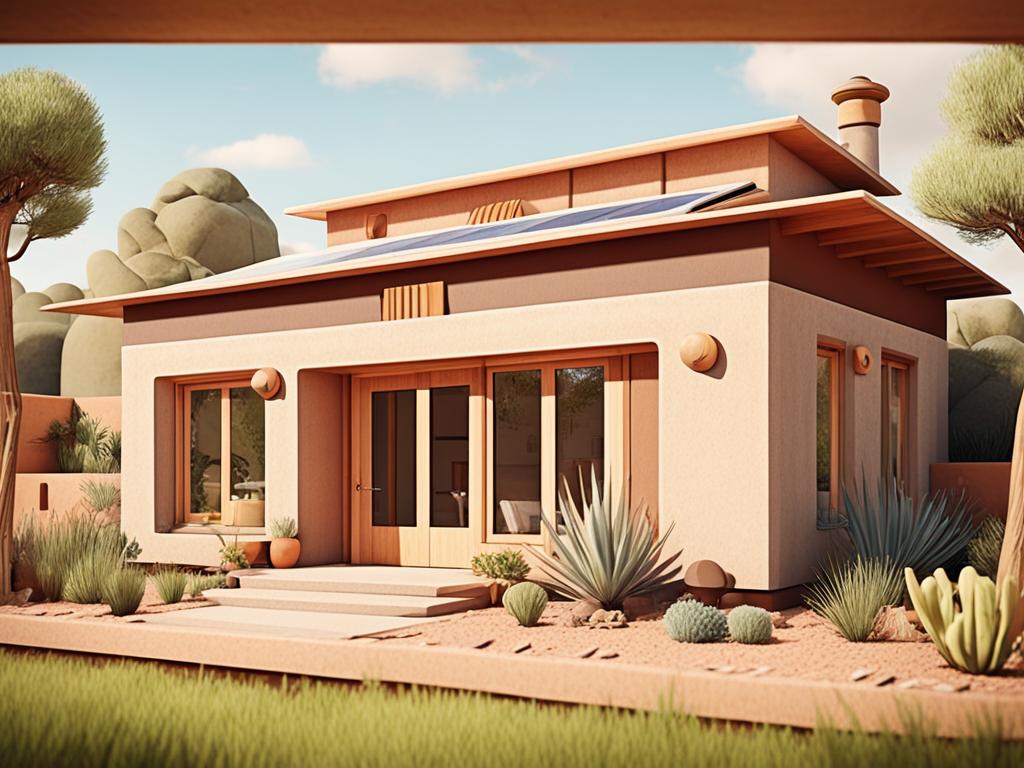
Advantages of Modular Construction
Modular construction offers numerous advantages for those looking to build a modular house. One of the key benefits is that the modules are produced in controlled environments, ensuring precision and quality while minimizing material waste. This makes modular construction an eco-friendly option, as it reduces the impact on the environment.
Another advantage of modular construction is its efficient and fast construction process. Compared to traditional methods, the use of prefabricated modules speeds up the construction timeline significantly. This not only reduces costs but also allows for quicker occupancy, which is particularly appealing for those who need their homes ready in a short amount of time.
Modular homes are built to conform to strict building codes, ensuring their safety and quality. These homes meet or exceed industry standards and regulations, providing peace of mind to homeowners. Whether it’s insulation, electrical systems, or structural integrity, modular construction ensures that every aspect of the house is up to standards.
One of the advantages that modular homes have over traditional construction is their longer lifespan. The modules used in modular construction are designed to be durable and withstand transportation and assembly. This makes them more robust and resilient compared to traditionally built homes, resulting in a longer-lasting investment for homeowners.
Furthermore, modular homes provide more rigidity and load-bearing capacity. The modules are engineered to withstand transportation and installation, making them structurally sound. This makes modular construction a suitable choice for regions with challenging environmental conditions where durability is a crucial factor.
Conclusion
African prefab houses offer a sustainable, eco-friendly, and affordable housing solution. With their versatility, these houses can be easily customized and expanded to meet the specific needs of individuals and communities. From social housing to worker camps and even healthcare facilities, prefab houses have proven to be a reliable choice for various projects in Africa.
The design and functionality of modular homes provide endless possibilities for creating dream homes. Whether it’s a traditional or contemporary style, architects can collaborate with clients to bring their vision to life. These homes are not only aesthetically pleasing but also highly functional, with flexible layouts that can adapt to changing needs.
Modular construction offers several advantages over traditional methods. By producing modules in controlled environments, material waste is minimized, making it an environmentally friendly option. The construction process is faster, resulting in cost savings and quicker occupancy. Modular homes meet building codes, ensuring safety and quality, and have longer lifespans with enhanced load-bearing capacity.
In addressing the housing shortage in Africa, prefab houses stand out as a practical and durable choice. They prioritize sustainability, affordability, and versatility, making them an ideal solution for individuals, families, and organizations in need of reliable and comfortable housing in the region.
FAQ
What are African prefab houses?
African prefab houses are pre-constructed buildings that are manufactured off-site and then assembled on-site. They are designed to be energy-efficient, sustainable, and affordable housing solutions.
What makes African prefab houses sustainable and eco-friendly?
African prefab houses are designed with sustainability in mind. They use fireproof and high-insulation materials, reducing energy costs and making them suitable for all seasons. The production process incorporates unwelded building technology, allowing for quick installation. These houses also have an aesthetic appearance and can be customized with different coatings to suit individual preferences.
Are prefab houses in Africa affordable?
Yes, prefab houses in Africa provide affordable housing solutions. These houses are cost-effective due to their efficient construction process and use of certified quality materials. They offer a range of sizes and designs, catering to different budgets and needs. With prefab houses, families can have their dream homes at an affordable price.
Can modular prefab homes be used for different purposes?
Yes, modular prefab homes in Africa are versatile and can be used for various purposes, including permanent living areas, summer houses, and accommodation for refugee camps. They can easily be expanded by adding rooms or floors to meet the changing needs of the family. These homes offer flexibility and can be customized to create unique designs, whether it be a traditional or contemporary style.
What are prefab houses used for in Africa?
Prefab houses are widely used in Africa for specific projects such as social housing, worker camps, and even COVID-19 hospitals. These houses are durable, easy to transport, and can be quickly installed on-site. Companies like Karmod specialize in providing temporary but sturdy buildings for various projects in the region.
What are the design and functionality of modular homes in Africa?
Modular homes offer endless design possibilities and are not limited by any specific style or architectural detail. Architects can work closely with clients to create customized designs based on their vision. These homes are also functional, with flexible layouts that can be easily modified or expanded. The load-bearing and foundation requirements are carefully considered to ensure the structural integrity of the homes.
What are the advantages of modular construction?
Modular construction offers numerous advantages. The modules are produced in controlled environments, minimizing material waste and making it an eco-friendly option. The construction process is faster compared to traditional methods, resulting in cost reduction and quicker occupancy. Modular homes are built to conform to building codes, ensuring their safety and quality. They also have longer lifespans and provide more rigidity and load-bearing capacity compared to traditional homes.
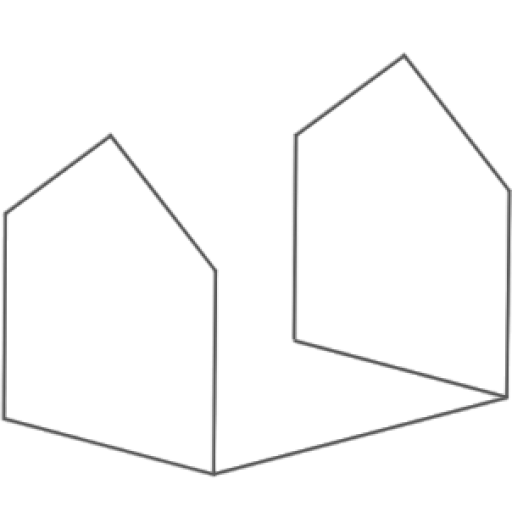

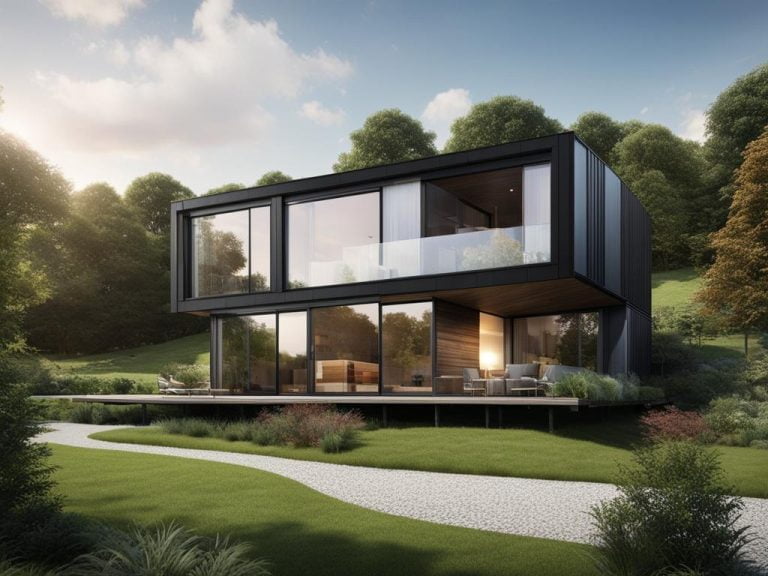
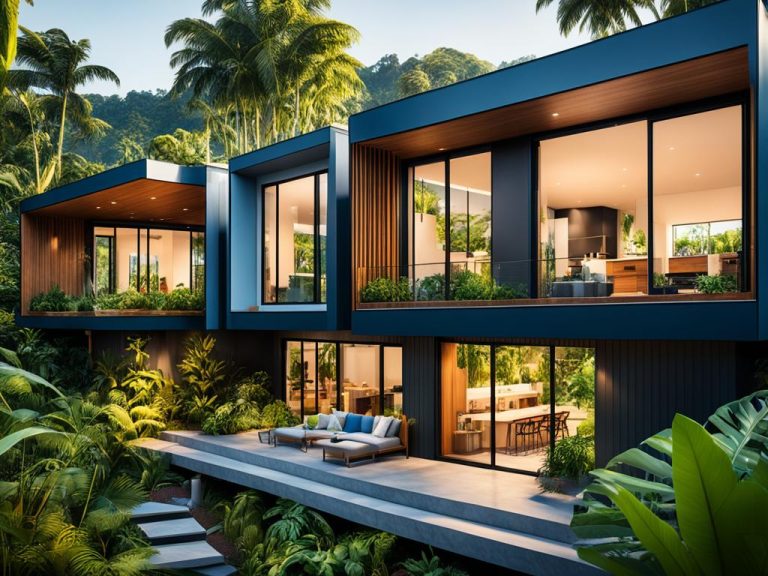
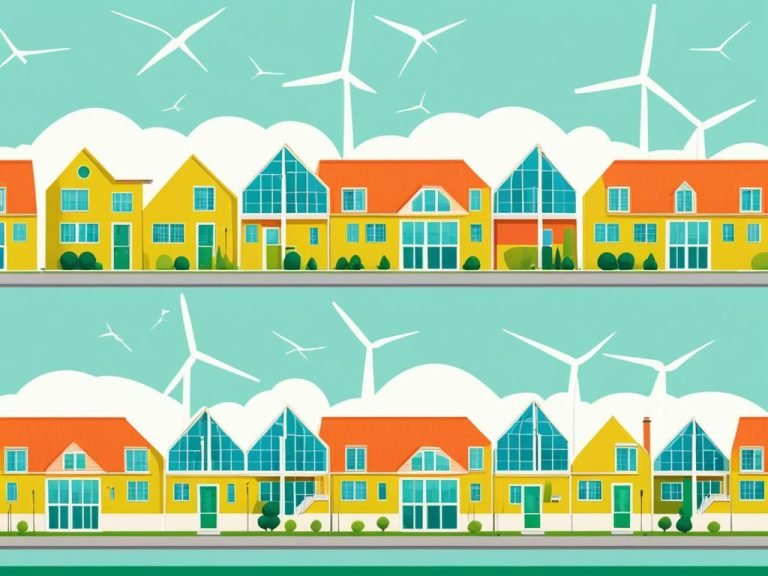
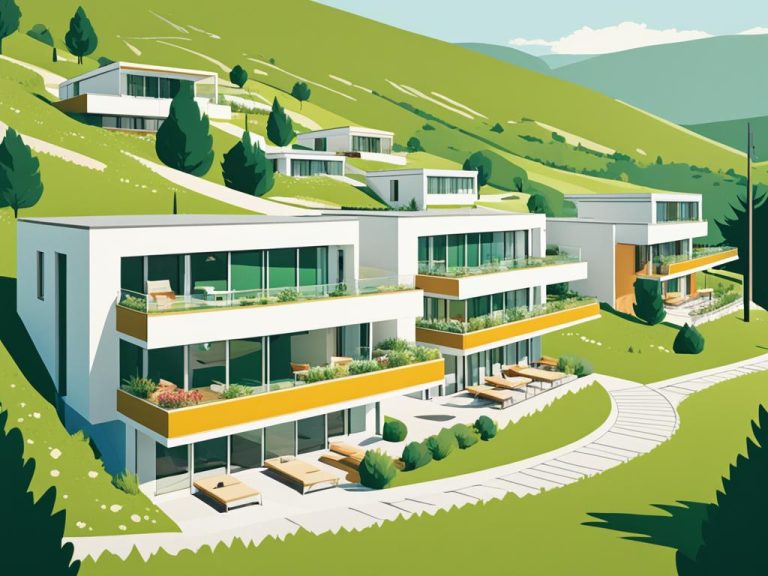

Nicholson, D where can i buy priligy in usa
Snasdxxxax.Snasdxxxax
Get the latest scoop on world events, government news, and athletic achievements.
Our dedicated reporters provide real-time reporting non-stop.
Google news
Get the latest scoop on international affairs, policy changes, and sports highlights.
Our expert team bring you timely coverage around the clock.
Bing
Кто ты есть на самом деле? В чем твое предназначение?
В каком направлении лежит твой путь и как тебе по нему идти?
Дизайн Человека расскажет об этом!
– Снимает давление социальных
стереотипов – Даёт ощущение уникальности
– Даёт ощущение целостности – Снимает
давление социальных стереотипов
– Позволяет выстроить эффективную
стратегию жизни и карьеры –
Уменьшает внутренние конфликты – Позволяет выстроить эффективную стратегию
жизни и карьеры – Укрепляет доверие к себе
– Уменьшает внутренние конфликты
Типы (Дизайн Человека).
Манифестор, Проектор, Генератор,
Рефлектор (Дизайн Человека) · Профиль
(Human Design). Дизайн Человека – Профиль.